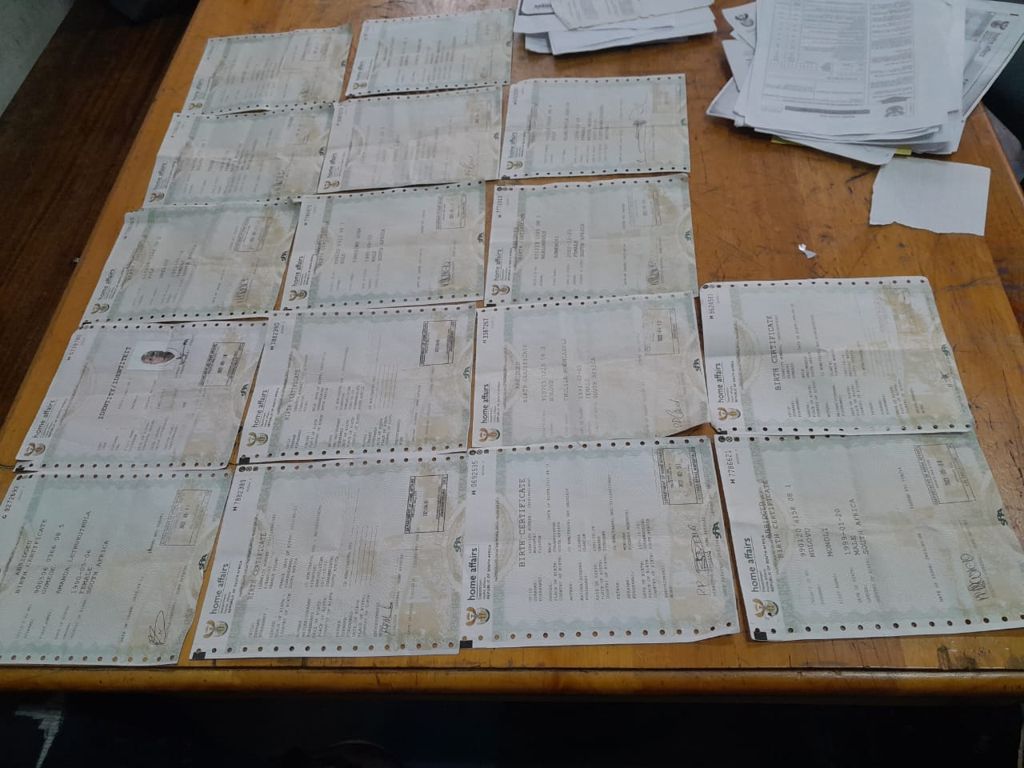Assuming the role of Eskom CEO in January 2020, André de Ruyter soon discovered why it was considered the most challenging job in South Africa. In his newly published book, “Truth to Power: My Three Years Inside Eskom” by Random House Publishers, the former CEO takes readers on a journey through boardrooms and government meetings, unveiling the inner dynamics of the state-owned enterprise.
Insights into Eskom’s Challenges
De Ruyter’s narrative covers his experiences during his time at the power utility—highlighting the struggles, the obstacles, and the reasons that led him to resign. The book also features his vision for the future. An excerpt posted by Daily Maverick delves into one of those significant moments on December 12, 2022.
The Performance Appraisal
The day began with a performance appraisal, a rarity for CEOs but required under HR policies. Minister Pravin Gordhan had assured the country that all executives would undergo in-depth performance assessments to establish a culture of accountability. However, the process threatened to devolve into scapegoating and public humiliation.
Resignation and Reasons
Amidst the clamor of cleaning crews and leaf-blowers, De Ruyter met with Mpho Makwana, who was poised to begin the appraisal on his iPad Pro. But before the session could start, De Ruyter handed him a resignation letter. It had been clear to him for some time that no reasonable prospects existed for working productively with the new board, especially given the political support’s evaporation.
De Ruyter saw the dismissal of the previous board, save for Dr. Rod Crompton, as a grave governance error. Consequently, he had to reiterate the strategy, turnaround plan, and, for some directors, the basics of the business.
Challenges of Navigating Stakeholder Relationships
“Truth to Power” also illustrates the difficult task of navigating the intricate relationships between various stakeholders, including the government, labor unions, and the private sector. De Ruyter describes the delicate balance required to manage the competing interests and the pressure to deliver results amidst a highly politicized environment.
Addressing Financial and Operational Difficulties
The book further addresses the daunting challenges associated with Eskom’s financial and operational difficulties. It sheds light on the urgent need for infrastructure investment, efficient use of resources, and the importance of addressing the company’s crippling debt burden. De Ruyter emphasizes the role of innovation and renewable energy in the future of the power utility, advocating for a sustainable and inclusive approach to South Africa’s energy needs.
Insights and Lessons for Effective Leadership
De Ruyter’s “Truth to Power” offers invaluable insights into the complexities and challenges of leading a state-owned enterprise like Eskom. With his blend of anecdotes, observations, and reflections, De Ruyter’s account provides an accessible yet sophisticated narrative that appeals to a broad audience interested in South Africa’s energy sector and the intricacies of corporate governance. As the book takes readers through his experiences, it also highlights the need for effective leadership, transparency, and accountability in steering state-owned enterprises towards a prosperous future.












